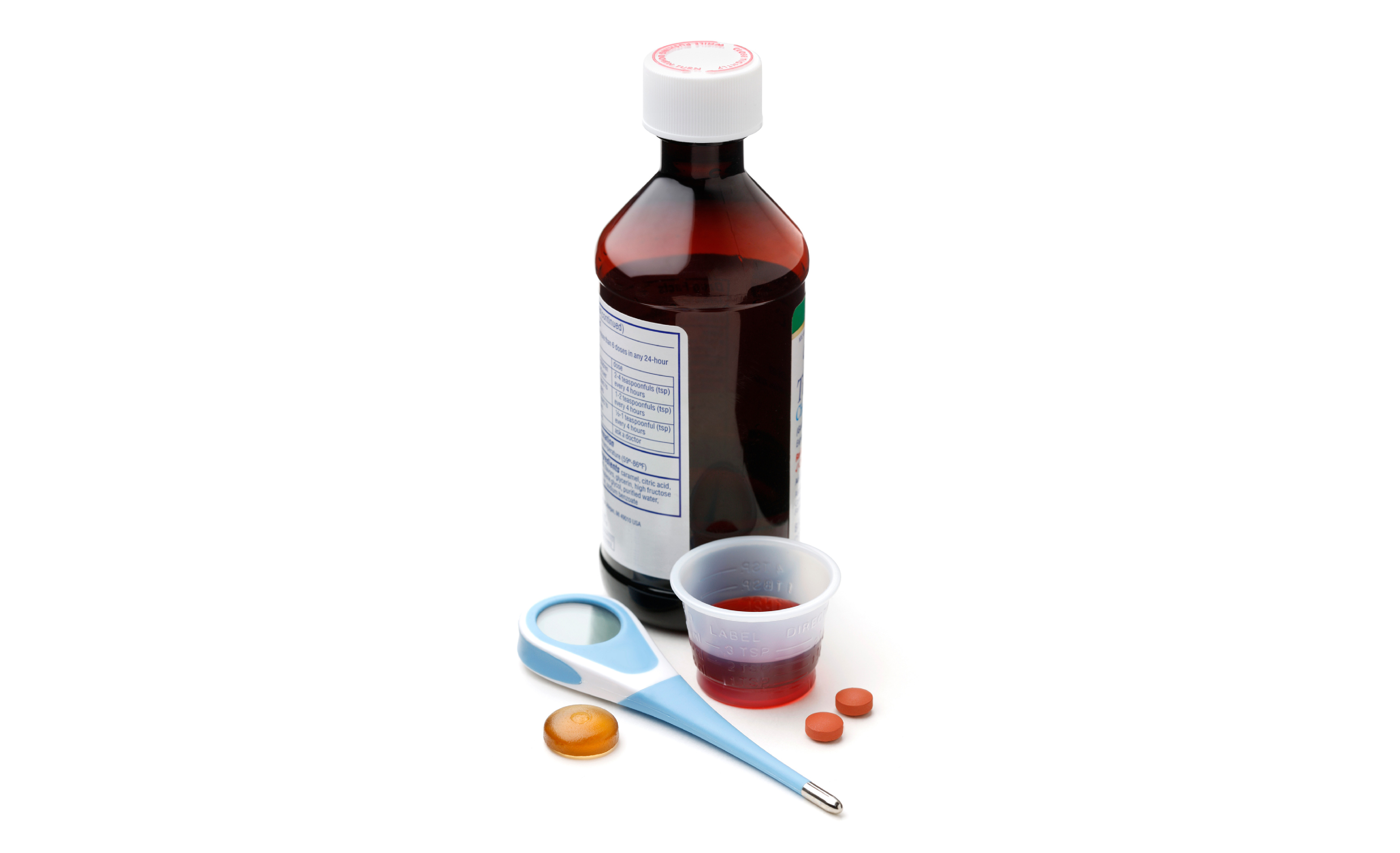Sonya Collins
As the “triple-demic” of COVID-19, influenza, and respiratory syncytial virus raged through the fall and winter, drug manufacturers found themselves unable to keep up with increased demand for children’s liquid ibuprofen and other liquid pain relievers and fever reducers. In response to the shortage, FDA released new guidance in February 2023 outlining how 503B outsourcing facilities could offer some assistance.

New FDA guidance
The FDA guidance allows for 503B outsourcing facilities to compound liquid ibuprofen to make available for sale to hospitals and health systems for administration within the facility and to state-licensed pharmacies, including those within hospitals and health systems, and applicable federal facilities to dispense for home use to patients who have a valid, patient-specific prescription.
“I think this will play an active role in helping satisfy the shortage,” says Lee Rosebush, PharmD, JD, chairman and general counsel, Outsourcing Facility Association (OFA).
By law, outside of the setting of an FDA-recognized drug shortage, neither 503As nor 503Bs can compound essential copies of commercial products made by drug manufacturers. Without adding ibuprofen suspension to the FDA drug shortage list, the recent guidance allows 503Bs to produce essential copies of the drug, in certain circumstances, until manufacturers are once again able to meet consumer demand. It makes no such allowance for 503As, who are still limited to “four or fewer prescriptions for the relevant compounded drug product in a calendar month.”
“It would have been more valuable for FDA to officially put ibuprofen on the shortage list so that 503A pharmacies could help patients in their local communities,” says Matt Martin, PharmD, coordinator-elect for APhA’s Compounding Special Interest Group.
FDA has added an additional unnecessary barrier to getting the compounded ibuprofen, Martin added, by requiring a prescription for a product that is usually sold over-the-counter.
Can 503Bs alone fill the gaps?
503Bs are currently making several drugs in FDA-recognized shortages.
“The idea that we’ve been able as an industry to pivot and make some of these shortage-based drugs is an eye opener for those on the Hill, as well as at FDA, to say look, we have an industry here who makes
products domestically,” Rosebush said.
Critics of the FDA guidance question whether the plan is sufficient to meet what they see as an urgent need and cite many flaws in the plan.
First, 503As do not know which 503Bs are compounding ibuprofen, and 503Bs do not know which 503As would be willing to buy from them. There isn’t an existing market for the two entities to do business with each other in this way. As of March 7, 2023, the last time OFA’s list was updated, one OFA member organization was offering liquid ibuprofen, according to Martin.
Furthermore, Martin said, buying from them could conflict with wholesale regulations. Section 503B of the Food Drug and Cosmetic Act prohibits 503Bs from wholesaling and requires “not for resale” labels on every product.
“Many pharmacists would regard the sale of the compounded drug product by a 503B outsourcing facility to a 503A pharmacy as an act of wholesaling, and the label on that product would instruct the pharmacy not to resell it to the patient,” Martin said. “Boards of pharmacy may also have questions or concerns regarding the interpretation of wholesaling by outsourcing facilities that would need to be addressed.”
FDA has stated that it will offer guidance on the wholesale regulation issue, but it has not so far.
Rosebush encourages pharmacists themselves to contact their state boards of pharmacy to ensure they recognize the FDA guidance. “It would be helpful for state boards to recognize that Bs have the ability to do this at the federal level and that way it’s more publicly recognized across the industry that this is a possibility for you to get your products.” ■